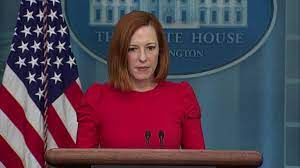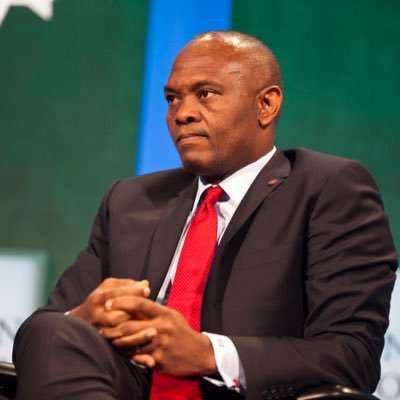US Secretary of State Antony Blinken pushed back against calls to sanction Russian energy directly, arguing it wasn’t in the “strategic interest” of the West because it would raise gas prices domestically as well as increase Russian profits through rising energy prices.
Recently, there have been bipartisan calls on Capitol Hill for US President Joe Biden to sanction Russian gas and ban importing Russian energy to the US.
While Blinken said nothing is “off the table,” he argued that the sanctions the US and Europe have put into place intend to have the maximum impact on Russia and President Vladimir Putin while minimizing harm to the US and its allies. The goal, Blinken said at a news conference following meetings in Brussels Friday, was to degrade Russia’s status as a global energy supplier over time.
“There’s no strategic interest in reducing the global supply of energy. The immediate effect would be to raise prices at the pump for Americans and also to pad Russian profits with rising prices,” Blinken said. “So we’ve been carving out payments for energy, trade, and transport from the sanctions that we’ve been implementing.”
The top US diplomat pointed to sanctions that were already implemented, including shutting down the Nord Stream 2 pipeline from Russia to Germany and denying technologies to Russia for energy exploration through export controls.
As war rages, Blinken was asked how long the sanctions would take to change Russia’s behavior. The secretary of state declined to put a timeframe on it.
“What’s happened in record time, as we’ve seen, are sanctions and other measures that a few weeks ago, people would have said we’re never going to happen,” Blinken said, adding that when the US began raising the prospect of devastating sanctions in November, “I know some people thought that that was more rhetoric than reality.”
“I think we’ve demonstrated already how strong that reality is,” he said. “We’re looking every day at measures to increase the extraordinary pressure we’re already exerting.”






